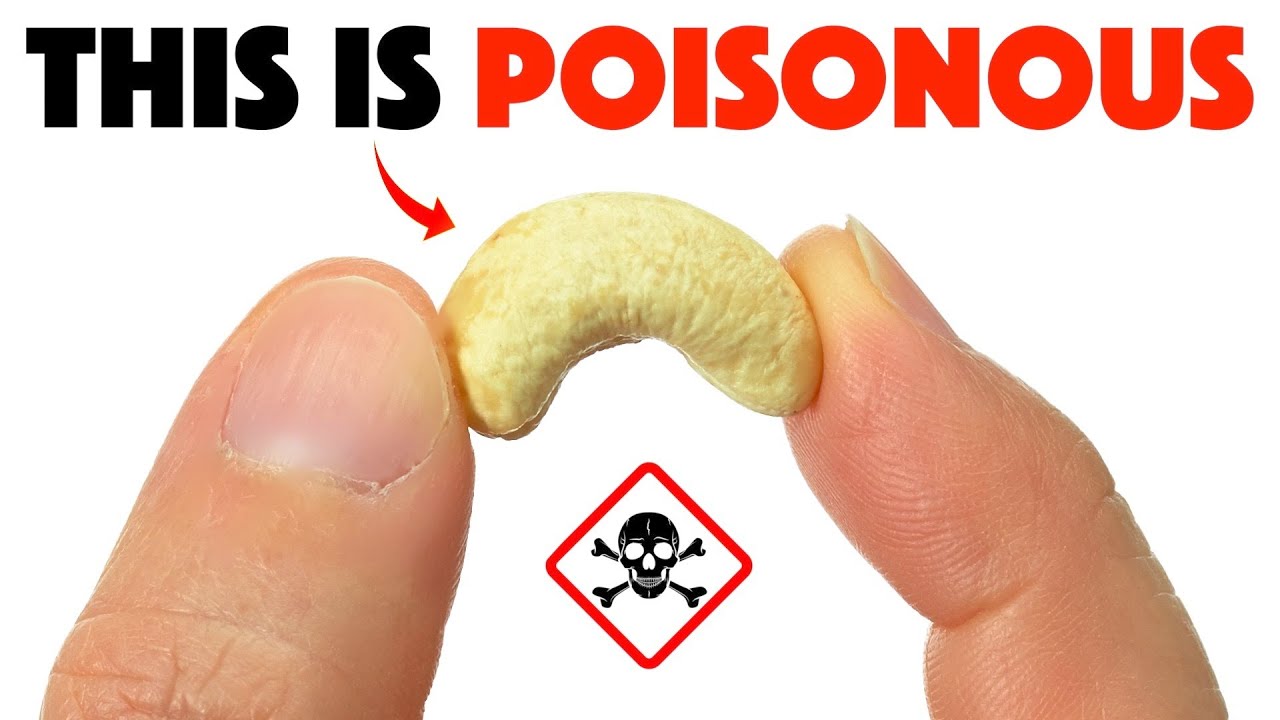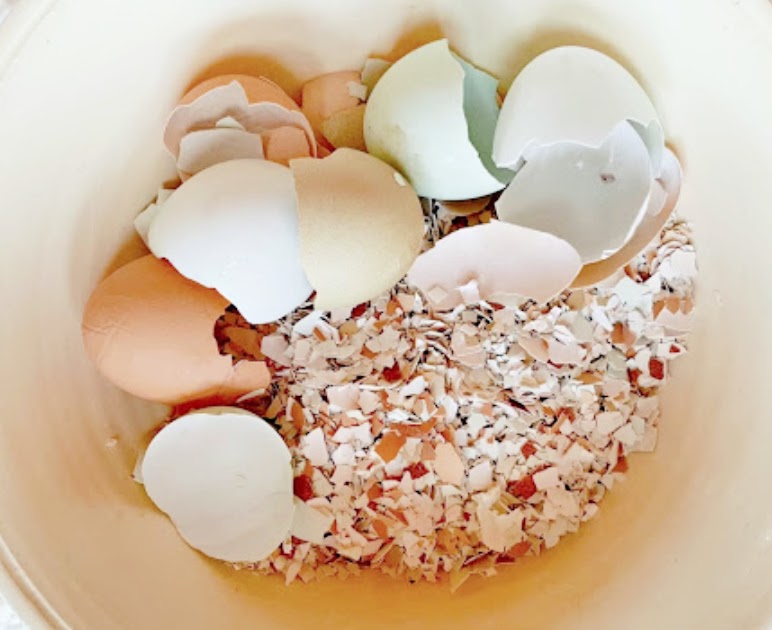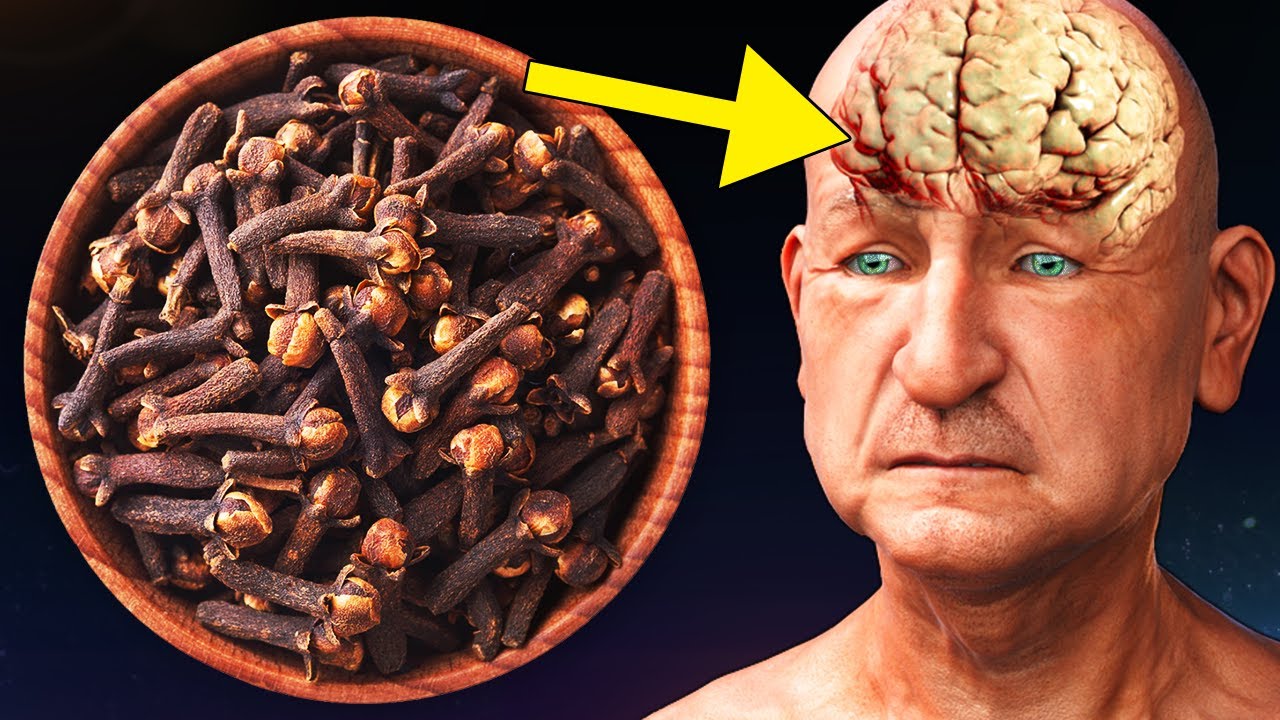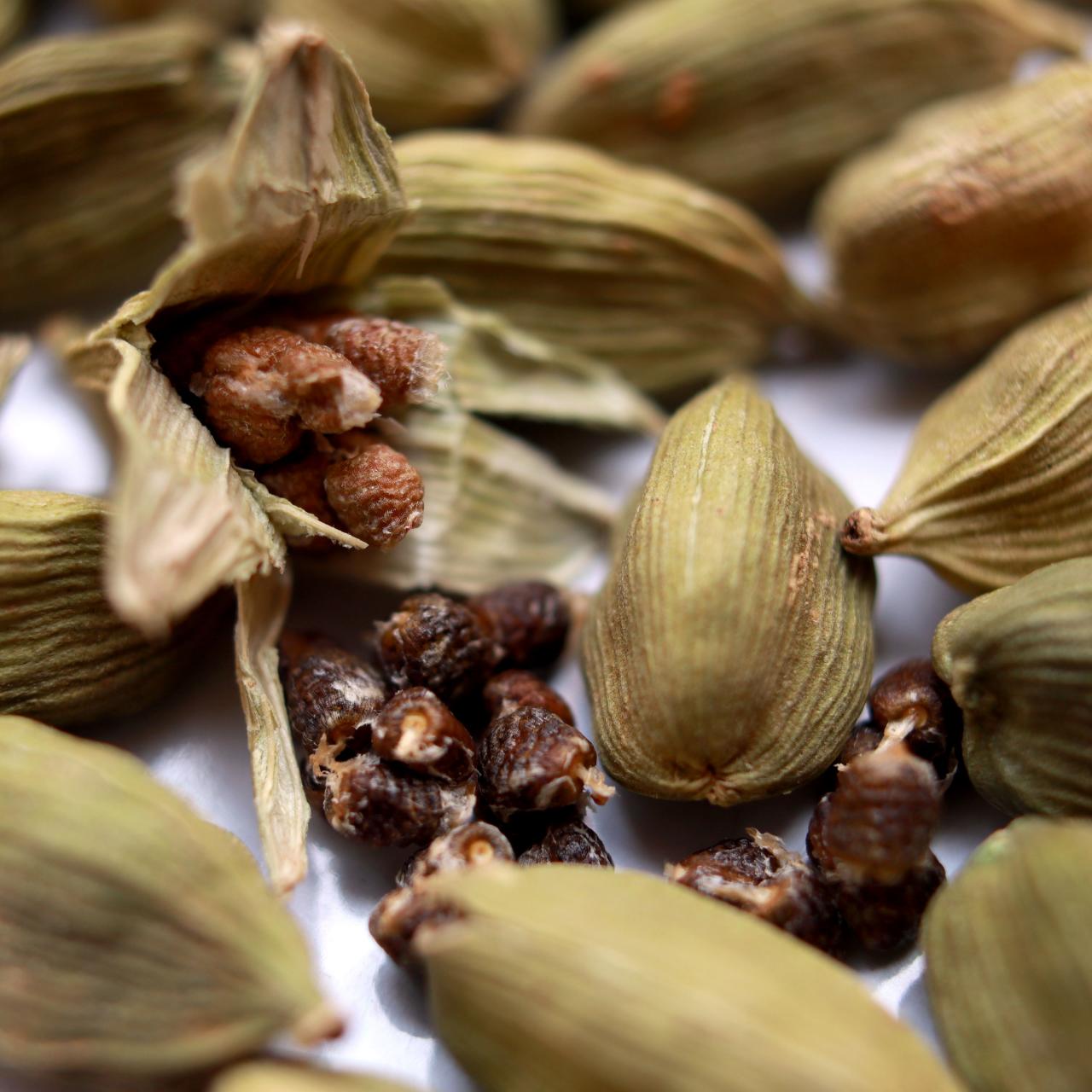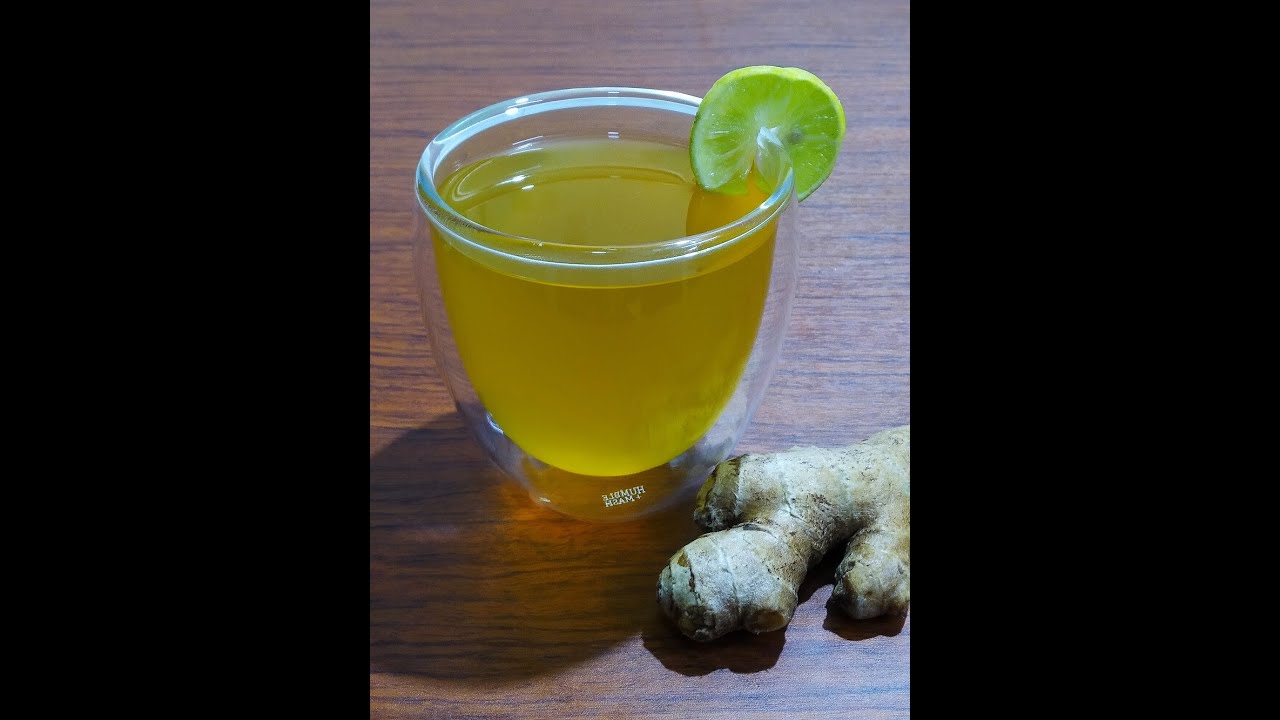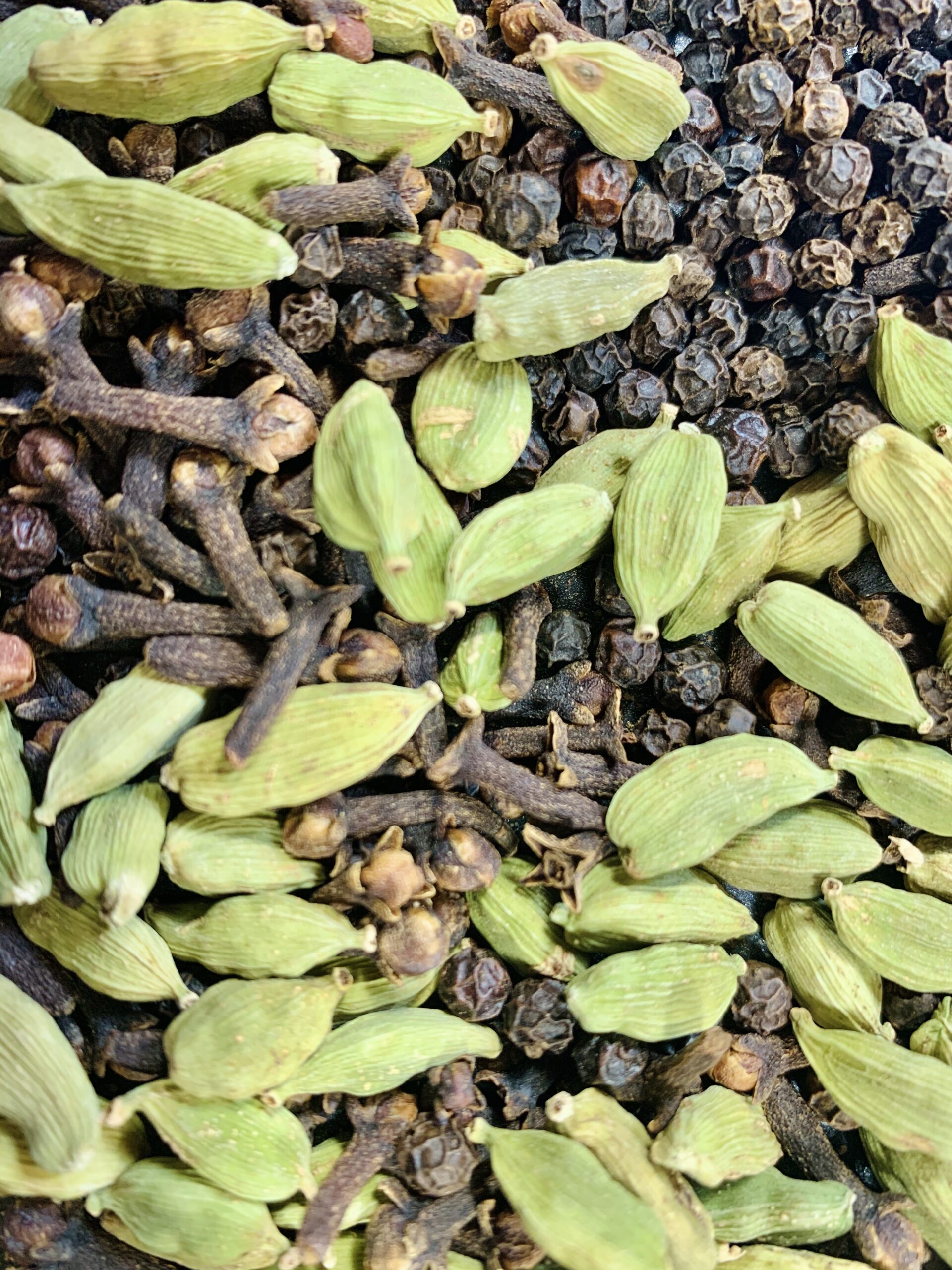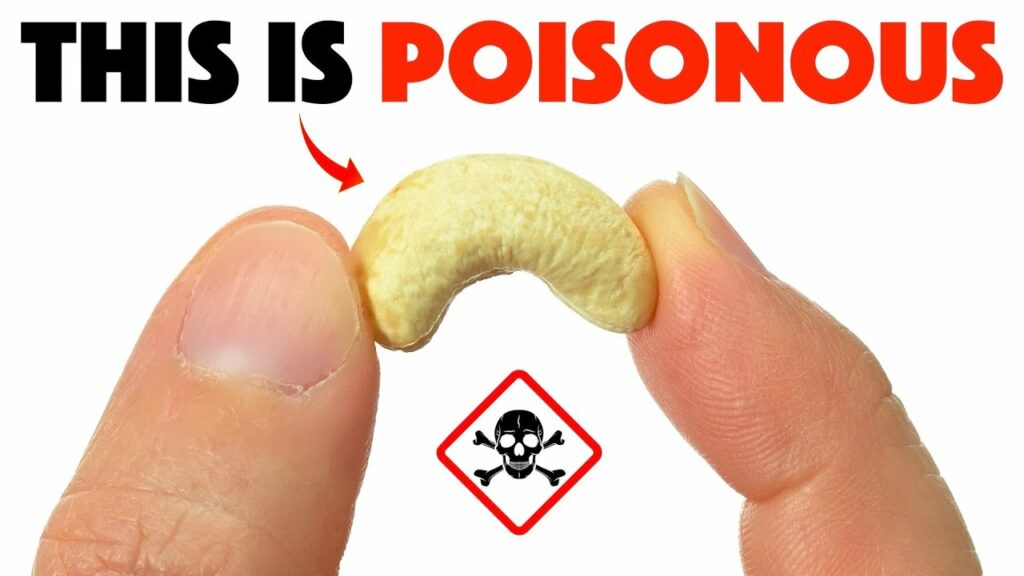
It’s wise to stay informed about the foods we eat, especially since some seemingly innocent ingredients can pose hidden risks. Here’s a rundown of ten common foods that, under certain circumstances, could be hazardous to your health. Awareness is key to enjoying these foods safely.
1. Potatoes
Potatoes are a staple in many diets, but storing them in a warm or light-filled place can cause them to produce solanine, a toxin that can cause nausea, headaches, and neurological problems. Always store them in a cool, dark place and throw away any that have turned green.
2. Cherries
Cherries are delicious and healthy, but their pits contain cyanide. Accidental ingestion of a crushed or whole pit can be harmful, so always pit cherries before eating or serving them, especially in preparations like smoothies or jams.
3. Rhubarb
Rhubarb stalks are fine for pies and jams, but their leaves are toxic. They contain oxalic acid, which can cause kidney stones and other health issues if ingested. Always discard the leaves before using the stalks.
4. Nutmeg
Nutmeg is safe in small amounts, but when consumed in large quantities, it can cause hallucinations, palpitations, and nausea. This spice should be used sparingly to flavor dishes.
5. Almonds
There are two types of almonds: sweet and bitter. Sweet almonds are the edible kind commonly sold in stores. Bitter almonds contain cyanide and must be processed to remove the toxins before consumption.
6. Fugu (Pufferfish)
Fugu is a Japanese delicacy that must be prepared by trained, licensed chefs because its organs contain lethal amounts of tetrodotoxin. Incorrect preparation can be fatal.
7. Cassava
Commonly used in tapioca, cassava must be properly prepared to remove naturally occurring cyanide. The root should be peeled and cooked thoroughly to ensure safety.
8. Raw Meat and Fish
Raw meat and fish can harbor bacteria and parasites. Always cook meat and seafood thoroughly to prevent foodborne illnesses.
9. Kidney Beans
Raw or undercooked kidney beans contain lectins, which can cause severe gastrointestinal distress. They must be soaked and then boiled properly to neutralize these compounds.
10. Apricot Kernels
Similar to cherry pits, apricot kernels contain cyanide. They are sometimes marketed as a health food but should be eaten with caution and in small amounts.
Conclusion
Being aware of these potential dangers allows you to enjoy these foods safely. Always handle and prepare ingredients with care to ensure that your meals are not only delicious but also safe. Enjoy your food with confidence by keeping these tips in mind!
